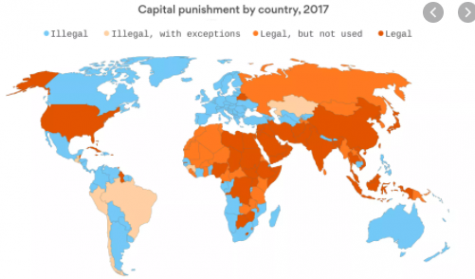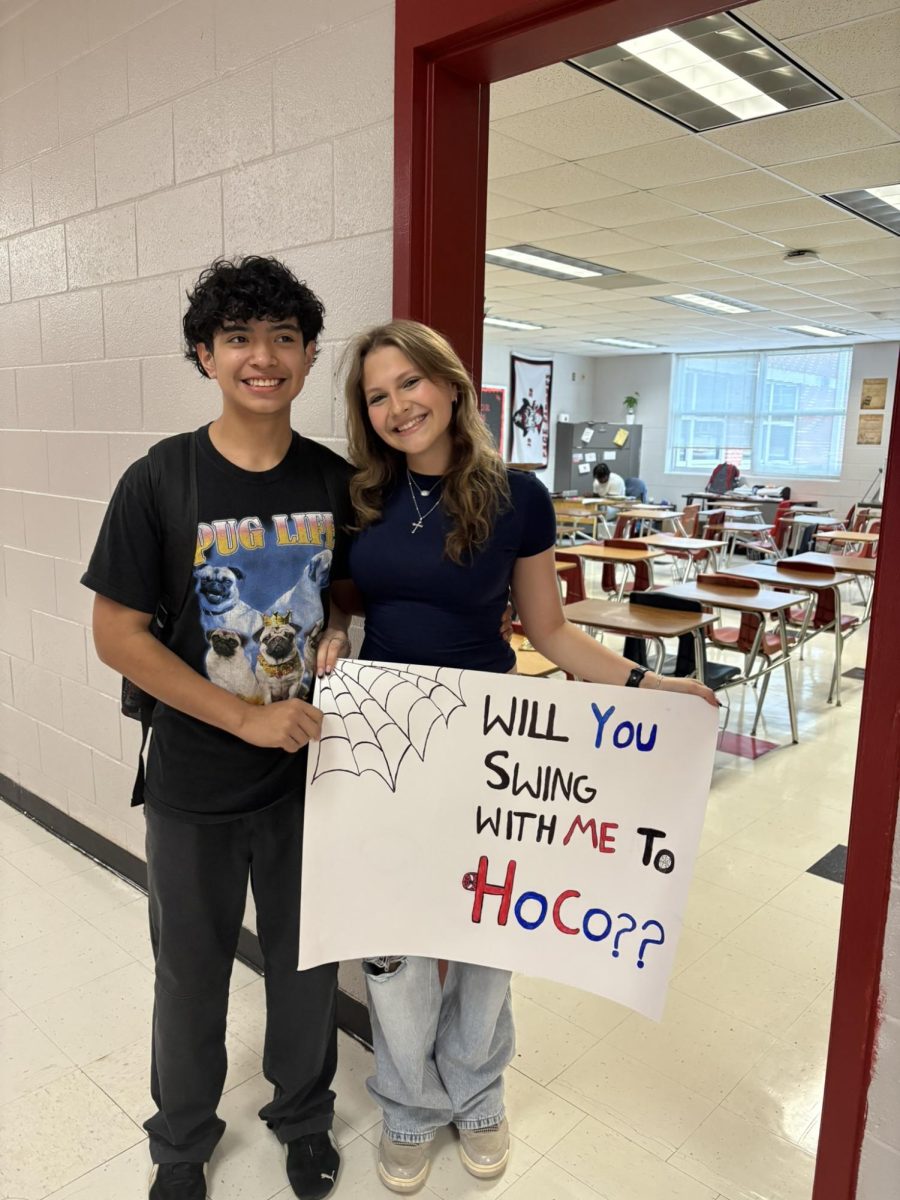I remember the time that I first learned what a firing squad is. I cried because I was picturing the person, a broken man, looking into the face of death. One time, that man was a child. When he learned his first words, his parents laughed. His dad taught him to ride his bike. His sister argued with him over who would get to control the television. Later in his life, he made some big mistakes, mistakes that got him charged with the most extreme punishment of them all: the death penalty. Now, he sits in front of armed men with fear filling his eyes, waiting for impact.
There are five legal ways to die by capital punishment in the United States: lethal injection, gas chamber, firing squad, hanging, or electric chair. Since 1976, 1,528 Americans have been killed as a result of the death penalty. The majority were by lethal injection or electrocution, while only 17 were done by the other three methods. One reason that the death penalty should be abolished is because it is unconstitutional. If sitting in a room, waiting to be shot by multiple people is not “cruel,” then what is? There are many opportunities for “botched executions.” In one instance, a man died of a heart attack 45 minutes after officials determined that drugs from the lethal injection did not make it into his bloodstream. Officials needed to try again at another date, but that turned out to be unnecessary. In another instance, it took two 55 second electrocutions for mobster Frank Coppola to die. According to an attorney present at the execution, “The second jolt produced the odor and sizzling sound of burning flesh, and Coppola’s head and leg caught on fire. Smoke filled the death chamber from floor to ceiling with a smoky haze.” There are many other situations like this, including even more brutal ones. In the execution of Jimmy Lee Gray, a gas chamber was used. However, the proper precautions were not taken: he was not restrained. After eight minutes of gasping for air and banging his head against a metal pole behind the death chair, he died. It was later discovered that the executioner, Thomas Berry Bruce, was drunk during the process. If we don’t even pay attention to how capital punishment contradicts the Constitution, it seems obvious that murdering criminals is still immoral. Who are we to choose who lives and who dies?
An argument for death penalty is that it may deter potential offenders from committing a crime. However, states with the death penalty do not have lower crime or murder rates than other states. Others believe in the idea of an eye for an eye: if the criminals murdered someone, they should be murdered too.
Capital punishment has been debated over the past few weeks because the Trump administration announced that five executions will take place before President-elect Biden, an advocate for abolishing the death penalty, takes office in January. The first of these executions took place on December 10. Brandon Bernard was killed by lethal injection because he was involved in the murder of a husband and wife when he was 18 years old. Thousands were outraged because of the fact that he was still a teenager when he committed the crime and because he wasn’t even the one to pull the trigger.
Killers should be imprisoned and severely punished for their crimes, but is capital punishment, an act of murder, the way to do it?











